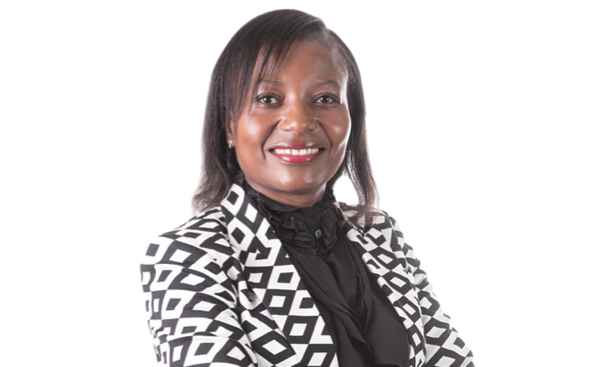Debswana Projects Portfolio Manager, Eunice Mpoloka, likens diversity and inclusion at the work place to Botswana’s weaved basket.
As an individual tasked with managing the company’s portfolio of diverse projects, Mpoloka to draws parallels between diversity and the Tlatlana, a local basket weaved from different coloured weeds and other natural materials.
“I am told that the strength of each basket comes from the varying sources of raw material used. What sells, is the strength and the uniqueness of the patterns on the baskets which is brought about by the varying sources of raw material used,” she explains.
She then continues to equate the strength and uniqueness of the patterns on the baskets to the individuality and uniqueness each one of the Debswana employees brings to the organisation through women and men, young and old employees who come from all ethnicities and races.
Through this diversity, Mpoloka attests, the company is well on its way to bridging its GDI gap.
“There is a lot of empirical research showing that diverse teams and organisations are more productive, creative and more innovative and ultimately perform better,” she compounds.
A pioneer in her own right, she was the first woman to get a metallurgy (art and science of extracting metals from their ores and modifying the metals for use) scholarship from Debswana.
Mpoloka is also one of the first female students sponsored by the company to study A’ Levels in 1992, followed by a degree in Chemical Engineering at the University of Cape Town. She also completed a Master’s degree in Mining Engineering at Witwatersrand University and has over the years gained experience in both the mining production and project management fields.
Speaking to her nomination as the company’s GDI advocate, Mpoloka states that she feels privileged in knowing that her colleagues believe she can make a difference.
To her, the nomination certifies her contribution to the company’s transformation of the diversification space in a male dominated industry (mining). She is steadfast in playing a role to change and shape the future of the industry to a more diverse sector that is more inclusive. She also makes note that the recommendation challenges her to hold the company to account on giving equal work opportunities to all without any bias.
“This is when both women and men enjoy the same opportunities, rights and obligations in all spheres of life,” she promises.
Responding to what she was doing in her professional capacity to ensure GDI, she proclaims that, in life, a person needs to recognise and accept that they have a problem before they can be helped.
“We therefore firstly recognised that there is a gender imbalance in the work place and have conducted a baseline study to establish the gender imbalance situation,” she reveals.
The study revealed where the company stood with gender imbalance through interviewing both sexes employed within the company and established what needed to be done to improve the situation.
She shares that some of the stereotypes she has encountered in her vocation such as ‘Mining is a harsh environment for women’, ‘Women should be subservient to men,’ and also that ‘Women should be the main home maker and child care taker and not a provider’ have all but dented her determination to work in mining.
“I think people who put others down are protecting themselves from the world by criticising others first before being criticised. They suffer from low self-esteem and find it difficult not to do it because they believe the world is out to get them. It’s a coping mechanism for them!” she responds when asked about her belief on why people put others down.
Mpoloka continues that certain jobs were traditionally believed to be for a certain gender type and that has resulted in an ‘unconscious bias’ culture being ingrained in people’s minds.
She concludes by stating that GDI is everyone’s issue and needs strong leadership commitment for it to take off.
“Executives need to work hard in ensuring that women are at the starting line and can compete fairly with their male counterparts for any position when the whistle blows,” she states.
